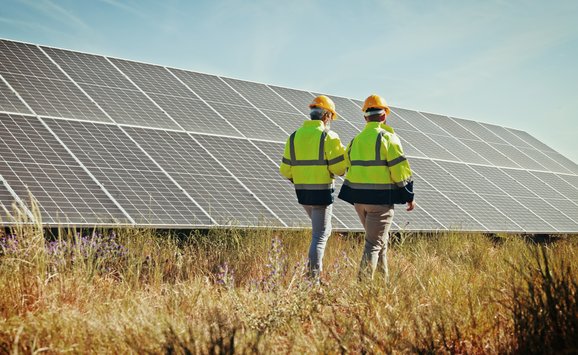For many people, concern about the ecological and human effects of a changing climate is only part of a larger concern about the sustainability of economic and social progress given limited natural resources. While the concept of sustainability is somewhat unclear, it has assumed increasing prominence in national and global debates about environmental and natural resource issues since the publication in 1987 of Our Common Future, the report of the World Commission on Environment and Development (popularly known as the Brundtland Report). That report called for "development that meets the needs of the present without compromising the ability of future generations to meet their own needs." Most advocates of paying greater attention to sustainability take this phrase as a point of departure for understanding the concept.
How might climate change affect sustainability? Several possible problems have been identified by people who see climate change as a significant threat. At a local level, concerns are expressed about the economic productivity of specific natural resource systems, such as croplands, forests, and water. Concerns are also expressed about damages to local environmental resources, such as endangered plant and animal species, and to local human cultures. At a somewhat broader level, climate change could adversely affect the health and integrity of regional ecosystems such as large estuaries like the Chesapeake Bay in the United States. Economic productivity and environmental values could be harmed as a consequence, though the effects would be harder to trace given the complexity of the systems involved. Finally, threats at a very large, even global, scale could arise, such as changes in ocean currents. These potential impacts underscore the interconnectedness of the earth's natural systems—atmosphere, biosphere, and hydrosphere—and human society.
Supporters of greater concern for sustainability question the fairness of inflicting damages on the resources available to future generations. They even question the capacity of human society to continue in its present state if the worst possible impacts are realized. However, others note that there is a substantial and demonstrated capacity for human adaptation.
The importance of the sustainability issue is clouded by our limited knowledge of how climate change may affect ecological systems and how alterations of those systems may affect human well-being. Local effects on the economic productivity of specific resource systems may be the easiest to address. Threats to unique environmental resources or to larger-scale ecosystems may be harder to address and to anticipate.
Clarification of the linkages between climate change and sustainability deserves a high place in future climate research. Among other issues, those linkages will be explored in a program of research on global sustainability being developed at RFF.

A version of this article appeared in print in the May 1991 issue of Resources magazine.






